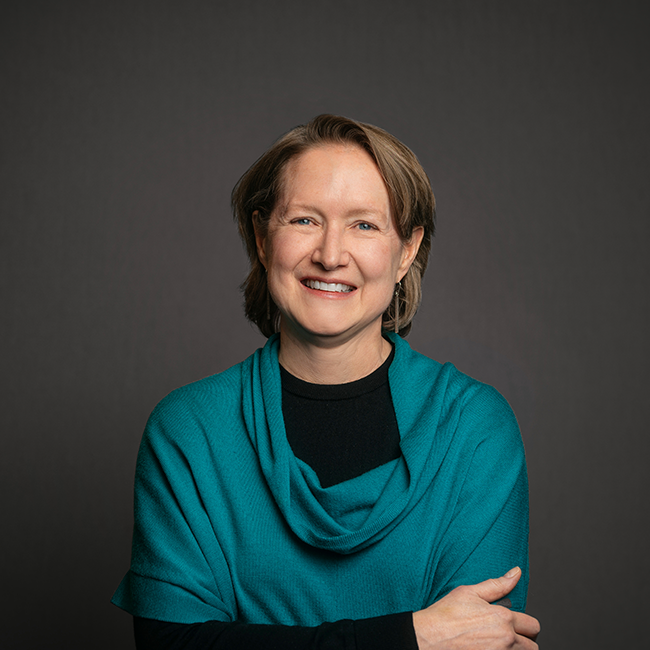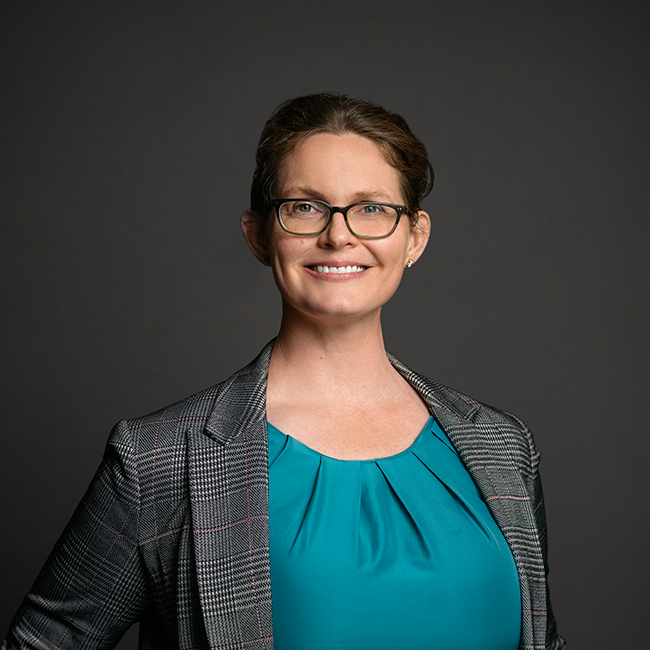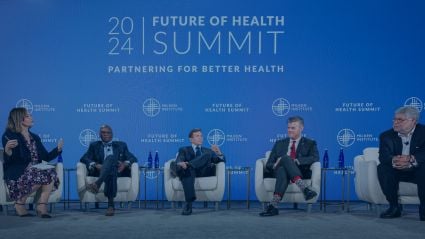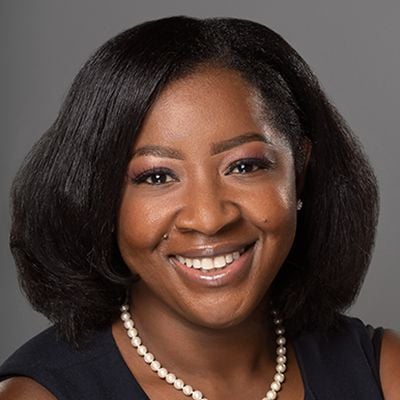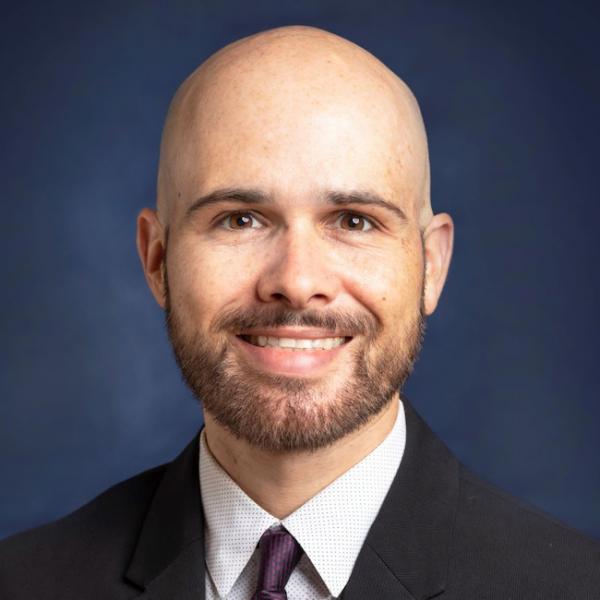
On Tuesday, June 10, 2025, the Convergence Project held a virtual event, “From Barriers to Breakthroughs: Funding, Resources, and Support to Improve Clinical Trial Access and Innovation,” hosted by FasterCures in partnership with The Multi-Regional Clinical Trials Center at Brigham and Women’s Hospital and Harvard (The MRCT Center).
The webinar opened with a discussion about the current imperatives to advance representation in clinical trials, and a brief overview of the Convergence Project, including the eight domains (public awareness and communication, community engagement and investment, site enablement, workforce, trial participation and access, comprehensive data, funding resources and support, accountability) outlined in Toward A National Action Plan for Achieving Diversity In Clinical Trials. Panelists explored the systemic barriers that limit access, from financial burdens on patients and caregivers to gaps in community trust and investment.
More than 140 virtual attendees joined to hear discussions featuring leaders from across the clinical trial ecosystem, including patient advocacy and community-serving organizations, foundations, venture capital, digital health, and pharmaceutical companies.
Review this summary for more about the discussion topics and key takeaways.




